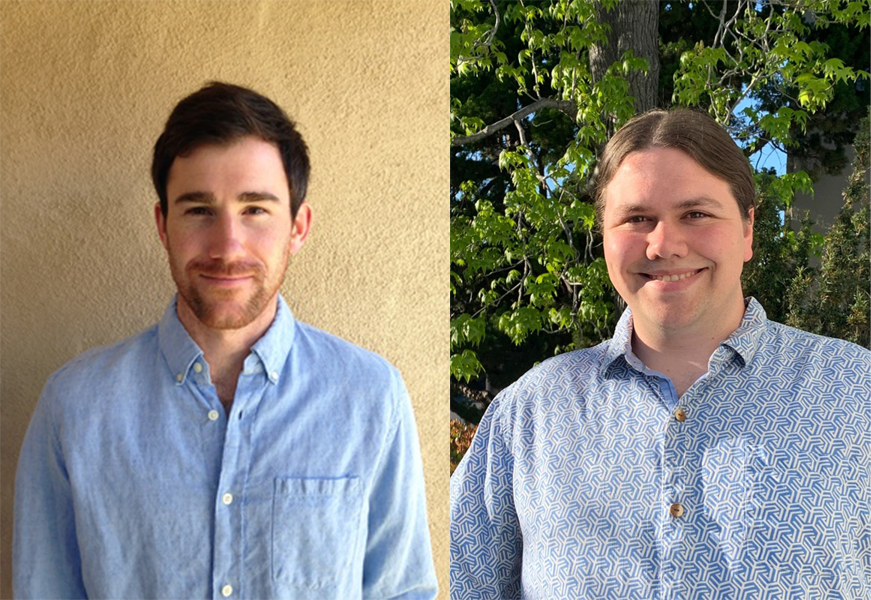Dr. Ryan Hanna & Jeffrey Myers
Research Associate w/ the School of Global Policy and Strategy
University of California San Diego
Seminar Information
Engineering Building Unit 2 (EBU2)
Room 479
Seminar Recording Available: Please contact seminar coordinator, Jake Blair at (j1blair@ucsd.edu)

The transition to electric vehicles (EVs) promises to reduce electricity costs, CO2 emissions, and impacts to the electric grid. Whether these benefits are realized, however, depends on the behavior of drivers. Maximizing environmental benefits, e.g., requires that drivers charge their EVs during hours when renewable energy generation is abundant (e.g., the daytime in California). To explore potential shifts in charging behavior toward daytime hours, we conducted a field experiment (n = 629) at the UCSD campus that gave drivers environmental nudges and financial incentives. We measured the effect of these interventions on the usage and timing of campus charging. Environmental nudges led drivers to shift from early to later morning charging; whereas discounts to charge on campus increased total campus charging, especially outside of daytime hours. We find three mechanisms that explain these temporal shifts: the utilization and reliability of the charging network, concerns about charger scarcity, and driver characteristics. We conclude with implications for designing workplace EV charging policy.
Ryan Hanna is an assistant research scientist in the Center for Energy Research where he works on energy systems, deep decarbonization, and energy policy.
Jeff Myers is a research associate with the Deep Decarbonization Initiative focused on climate policy and decarbonization. Current focuses include EV charging and driver behavior, commuter demand for workplace charging, and mitigating grid impacts of EV charging.
